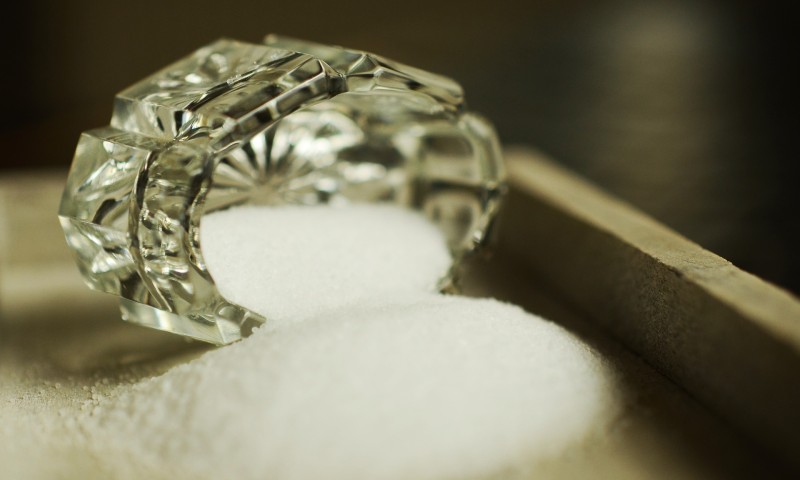When it comes to our weight and health, there is no mistaking that creating and maintaining a healthy diet is essential. The types of foods we eat, as well as the makeup of those foods, affects all areas of our body — from our weight, our organ health and even the function of our brain!
The amount of sodium we consume is just one example. In many “Western” diets rich with highly processed foods, sodium levels are high because these convenient foods items are readily available in stores, restaurants and food chains. But what effect does sodium really have on our bodies, and why is it important to be conscious of it as part of your weight management plan?
A Glance at Sodium and Your Health
Sodium is a mineral that’s essential for life. It is regulated by our kidneys and it is important for controlling the balance of fluid in our bodies.
Having too much sodium in your bloodstream, however, pulls more fluid into your vessels and thus increases blood pressure. In turn, higher blood pressure puts strain on your heart, kidneys, arteries and even your brain. As a result, individuals with higher blood pressure are at risk for kidney disease, hypertension, heart failure and other dangers.
How Much Sodium is the “Right” Amount?
The American Heart Association recommends that individuals aim for less than 1500 mg of sodium a day. Sounds easy enough, right? This may be tougher than you think! The highly processed foods that come easy in today’s society and culture mean that many Americans are consuming close to 3500 mg a day. That’s more than double the recommendation!
How Can I Reduce My Sodium Consumption?
Fortunately, there are plenty of ways to reduce the amount of sodium in your diet — and benefit your weight in the process! Take a look at some of the tips we offer below:
- Avoid Processed Foods – Pre-packaged food items are usually highly processed. Consider items such as frozen pizzas, boxed dinners and canned goods. Avoiding or reducing the role of these types of foods in your diet can drastically lower your sodium intake while also slashing sugar, carbohydrates and calories!
- Choose Fresh – So, what do you buy if you’re limiting the amount of processed foods in your diet? Choose what’s fresh! When you go for fresh fruits, veggies and meats, you will also limit your sodium consumption and give whole-food nutrition to your body along the way.
- Skip the Salt Shaker – You know the salt shaker… the one on your table or in your cabinet? While there’s nothing wrong with using salt to flavor your foods, be conscious of how much you’re using and when. You might try using other items to flavor your food while cooking instead, or even eating your food the way it is before adding salt.
- Read the Label – Good things come to those who pay attention! Reading nutrition labels can help you become more conscious of what’s in your food. Remember, the recommendation is to aim for less than 1500 mg of sodium daily. Use the labels on your food to help you monitor the amount you’re consuming.
Want More Information on Sodium and Making Healthy Nutrition Habits for Your Body?
Be sure to visit and claim a FREE copy of the Your Weight Matters Health and Wellness Guide by CLICKING HERE.






